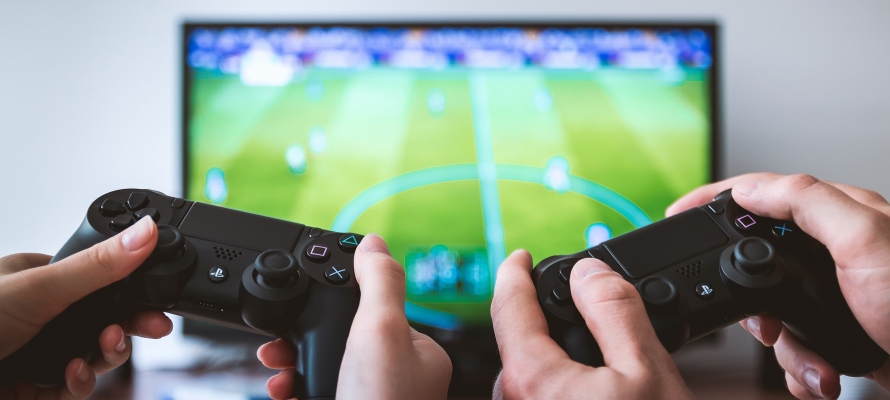The World health organisation in its revised manual of International Classification of Diseases (ICD), classified Gaming as a mental health disorder. As per WHO, it is a “pattern of persistent or recurrent gaming behaviour” that can aggravate to an extent that it takes precedence over other life interests”.
The objective of the classification is to alert health professionals as well as systems about its existence and that the people suffering from this condition need help of mental health specialists. This statement does comply by the fears that umpteen parents have with respect to their kids involvement in gaming. But, on the flip side, Dr Harvey, spokeswoman for British Psychological Society also issued a warning about stigmatising video gamers and unnecessary worry to parents. There is every possibility that medics are flooded with parents citing help hence it’s important for parents to know that not every child who plays video games is an addict.
Many others have welcomed this new classification stating the importance of identifying the people who are hooked to games quickly as mostly they are kids, teenagers more so. Even though they need help, these teens do not seek help themselves. Another researcher working on researching on video gaming disorder for the past three decades welcomed the classification stating that it would help in regulation the condition and developing treatment strategies.
As per Britain’s Royal College of Psychiatrists spokesperson for behavioural addictions the have many cases of distressed parents due to their child dropping out from school and more so the family structure crumbling down. She also said that psychological therapies and a few medications could work well towards treatment of this disorder.
Even Psychiatrists in India cite digital detox as a treatment procedure to cure this disorder. The director of Mental health and behavioural sciences at Max Healthcare said that screen time addictions leads to lack of interaction between parents and children and thus low emotional connection. This further leads to aloofness and isolation in adolescents.
The characteristics of gaming disorder include eating problems, avoidance or neglect of physical activities as well as disturbed sleep patterns.
An active child shows interest in everything. They display happiness and feel good. They perform well academically too. Physical activities are a must for children to make them active all throughout the day. At least an hour of physical activities per day is a must. Read More

